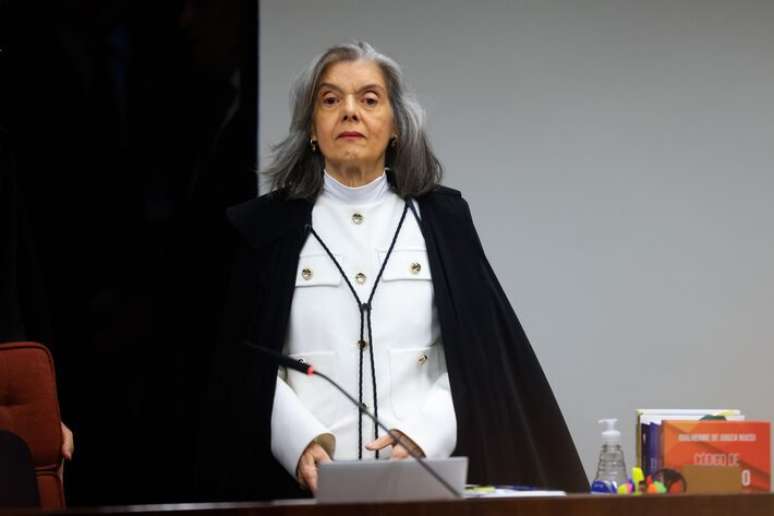Whether or not they are victims of sexual abuse, women have the right not to exercise motherhood. Cases must be monitored and authorized by the judiciary.
Recently, the actress Clear brown revealed on her Instagram profile that she was a victim of rape and vented on the leak of information that gave a child up for adoption. The story, which should have been kept secret, has generated a lot of controversy. In addition to the extreme delicacy of the situation, several questions are raised on the legitimacy of the fact. After all, is it a legal process or not?

“Yes, the pregnant woman has the right not to exercise maternity, whether or not she has been a victim of rape”, says Ariel de Castro Alves, president of the Commission on Adoption and the Right to Family Life for Children and Adolescents of the Sao Paulo Bar Association (OAB SP). This right, Ariel explains, is supported by the Statute of Childhood and Adolescence (ECA):
Art. 19-A. A pregnant woman or mother who expresses interest in giving her child up for adoption, before or shortly after her birth, will be referred to the Justice for Childhood and Youth.
Once the intention to give the child up for voluntary adoption is declared, the whole process takes place in Court for children and youth nearest, where the woman will be referred by the hospital, health center, the Guardianship Council or another institution to which she expresses her wish.
The mother then goes through a series of interviews with a technical team on the reasons why she decides to give up the exercise of family power and, therefore, we proceed to search for the extended family, that is, family members who could make themselves available to receive the custody of the child. In the absence of a suitable representative in this regard, the judge determines that the minor is provisionally entrusted to those who are suitable for adoption or to some family institution.
According to the president of the Commission, however, such verification between relatives (parents, grandparents or maternal or paternal uncles) takes place only in the absence of sexual abuse. “In the case of rape, that doesn’t happen. Family power is removed and the child is placed in a foster family or shelter,” explains Ariel. However, the lawyer draws attention to the rapid neonatal adoption, since the line of suitors is numerous. “A baby is not helpless and is adopted quickly,” she points out.

Secret of justice
The case of the 21-year-old actress, victim of sexual abuse that led to a pregnancy that she only became aware of in the last few weeks, draws attention to cause more repercussions for his decision than for the trauma he suffered – or for rape, for medical assistance that he did not receive, for lack of respect for the confidentiality of his trial by the professional team involved, and for having advertised it in the press without his authorization.
According to the lawyer, the process of delivering a child for adoption must be carried out in the secrecy of justice, and any lack of respect in this regard can be judged as a crime of breach of confidentiality. After Klara Castanho’s report, the São Paulo Public Ministry began investigating the leak – as, according to the actress, a nurse hinted at the possibility that the press knew about the event while the young woman was still in the hospital.
Confidentiality is essential to protect the child and the mother, who has the right not to be publicly held responsible for a choice that is hers and that is fully accompanied and authorized by the judiciary. After the child has been placed in foster care, 10 days are set for the expression of regret. After this period, the child is sent to the adoption system.
Source: Terra
Benjamin Smith is a fashion journalist and author at Gossipify, known for his coverage of the latest fashion trends and industry insights. He writes about clothing, shoes, accessories, and runway shows, providing in-depth analysis and unique perspectives. He’s respected for his ability to spot emerging designers and trends, and for providing practical fashion advice to readers.







